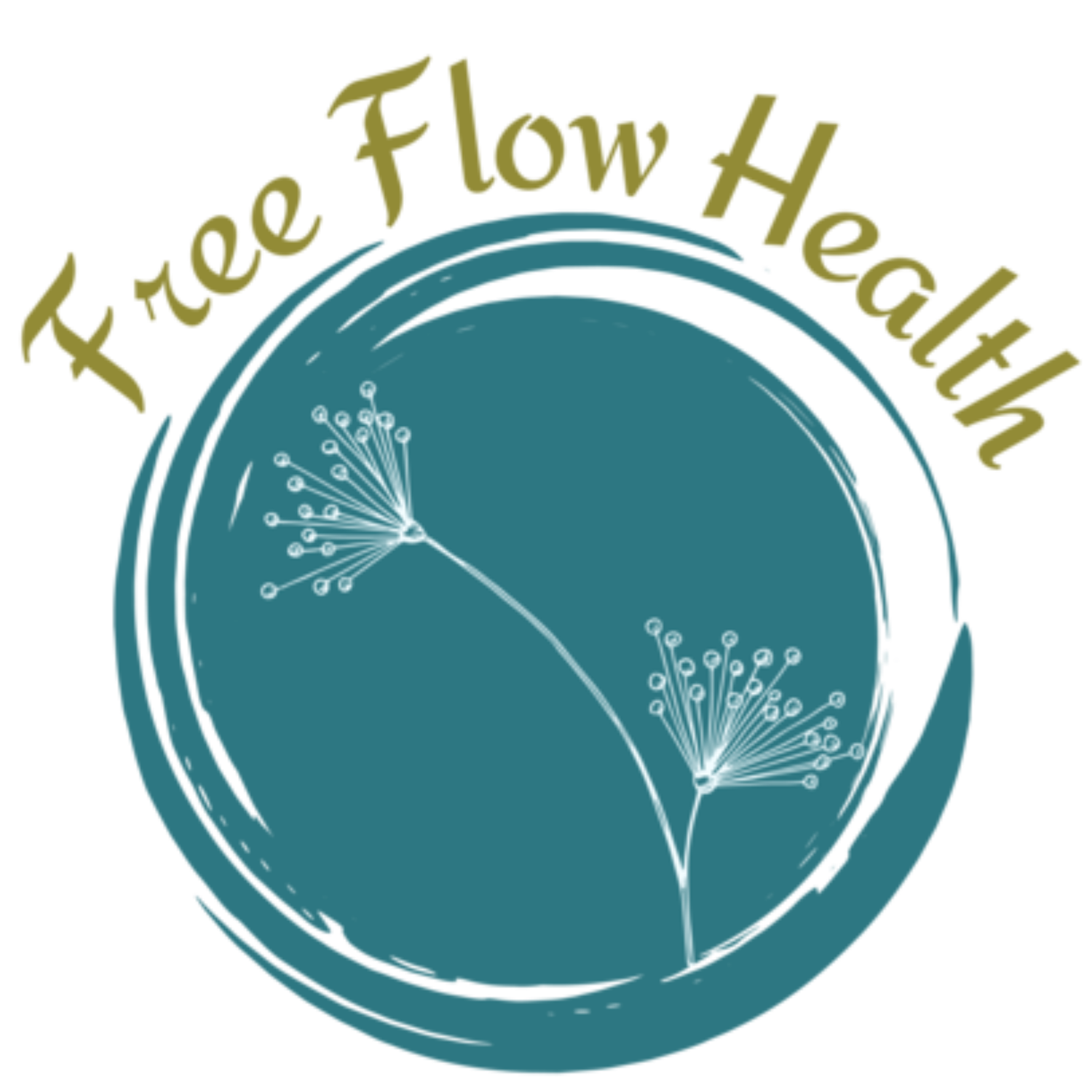Yes, You Are Peri-Menopausal
It is hard to believe but even in the modern world that we live in, peri-menopause is often dismissed by many general medical doctors and even gynecologists. It can’t all be blamed on the doctors. It is still to this day not focused on medical school. I have heard of women in their mid 40s seeking out help for their symptoms only to be told they are no where near menopause and all is fine. This has nothing to do with peri-menopause. Apparently, according to them, the transition into menopause happens over night and then BOOM! all of your symptoms suddenly begin. Fortunately, I do believe this is beginning to change and there are Gynecologists out there that understand peri-menopause and can offer you the help and information you need. If they don’t, move on to the next.
When does this all actually begin? The decline in hormones begins to occur at age 35 with very small changes for most such as; stronger PMS symptoms or a longer or shorter cycle here or there. Some women don’t have a clue it is happening if they aren’t tuned into their cycles. Then you enter your 40s and that good friend of yours, progesterone, is the first hormone that generally starts to decline. When this happens, our dear friend estrogen goes left unchecked causing symptoms such as increased breast tenderness, anxiety, insomnia, hair loss and shorter cycles. This can go on for years and continues to increase as we reach mid 40s and head toward 50. At which point, estrogen begins its decline and now you may see increased inflammation. Your body hurts all of the time, especially premenstrually. You may have an increase in headaches around your period. Instead of feeling PMS days before your period, you begin to feel it weeks before. You’r cycles may start to become longer at this point and heavier. You are frequently tired and losing muscle mass. Plus a whole other host of things that can be shifting due to the lack of estrogen. Digestive issues, constantly bloated, gaining weight for no reason at all, especially in the midsection. You may become more forgetful. The list goes on and on.
Meanwhile your doctor is telling you this has nothing to do with peri-menopause. You are 45. That isn’t an issue for you yet. Here is some Xanax for that anxiety that you experience mostly after you ovulate. That has nothing to do with a drop in your progesterone. Go work out more! Eat less! You’re fine. Just wait for menopause then maybe we will take your complaints into consideration.
I know this all sounds so bleak but I am here to tell you it doesn’t have to be this bad. It helps to be heard and supported. You are transitioning just like you did when you went through puberty only now you are older, wiser and even more capable of understanding what is going on. If you are in your 20s and 30s and you are reading this, which I hope you are, take care now to help ease this transition later. Prioritize your sleep, eat a well balanced diet and monitor your stress. Take part in activities that fill your cup but don’t overly deplete you. In other words, find moderation in your activities and exercise and how much you give to others. Understand you’r cycles. You can learn about them and how to live within each phase harmoniously in my program In The Flow. Honor your body. If you are currently in the throes of peri-menopause, you can still start to do all the things I just recommended. Not only is it not too late, it is essential for a good quality of life. This transitional time and a lack of understanding can lead to issues that affect all areas of your life. Especially your closest relationships.
Acupuncture can help get you back on track, calm your nervous system and help you regain a sense of balance as you ease your way into menopause. There are many wonderful Traditional Chinese Herbal Formulas that can help as well as supplements such as Magnesium Glycinate to help manage stress. Be sure to get some form of movement in daily and strength training to help maintain muscle and bone density. Food as medicine is a great approach. Consider whether what you are putting into your body is helping you or harming you. A whole foods diet, plenty of room temperature water, adequate protein and fiber with every meal can make a world of difference.
This is just another phase of this beautiful life we have been given. We don’t have to have the experiences our mothers and grandmothers had. We don’t have to go it alone. We live in a day and age where we can openly discuss these passages that occur for each and everyone of us. If you are struggling with changes in your cycles and feel you aren’t being heard, schedule a free 15 minute phone consultation to see how Chinese Medicine may be able to help you.

